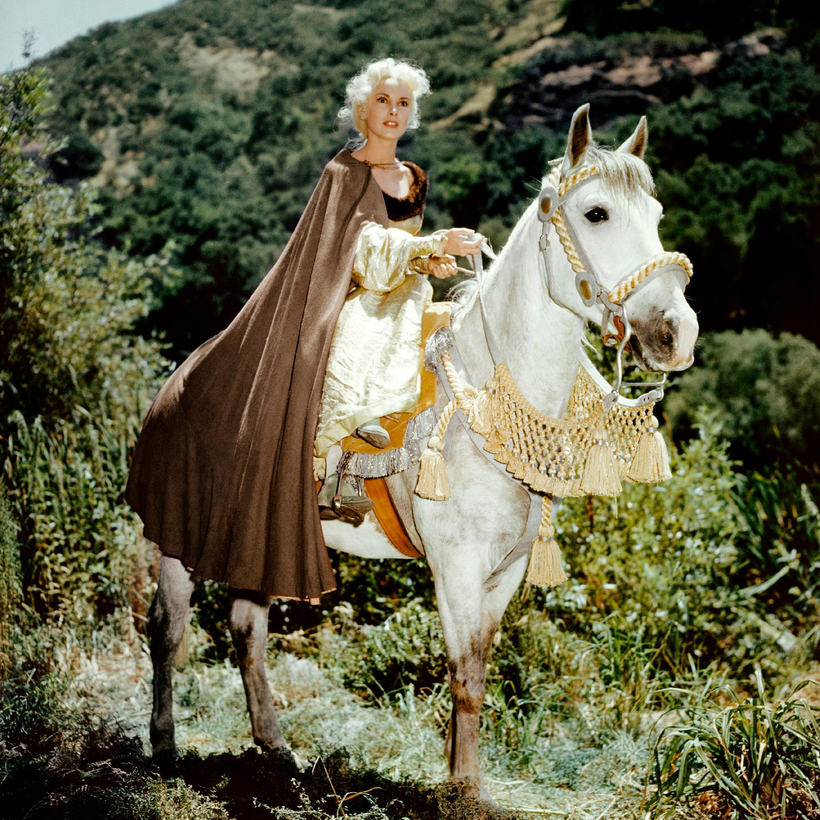When I got into Yale last year, one of the first things my friend said to me was that I simply had to read Leigh Bardugo’s Ninth House. It’s a new adult “romantasy” set at Yale: the university’s infamous secret societies are reimagined as temples to the occult, and the misfit main character (Galaxy Stern) ends up as a guardian of sorts, tasked with keeping the students’ arcane activities under control.
When I wander round campus now, I sometimes catch myself mapping Bardugo’s Yale over my own: there’s the Orange Street headquarters, there’s the library where that blood ritual went wrong. This double vision is natural for me. I’m 24 and I’ve always loved fantasy, enough that it seeps into my everyday thoughts and colors how I see the world. While I’m diligently poring over books on applied methods of analysis or great power competition and co-operation, I’m also parsing the mind-bending dynamics of Rebecca Yarros’s Fourth Wing or Sarah J Maas’s Crescent City series, where a half-fairy woman with a werewolf best friend falls in love with an angel.

